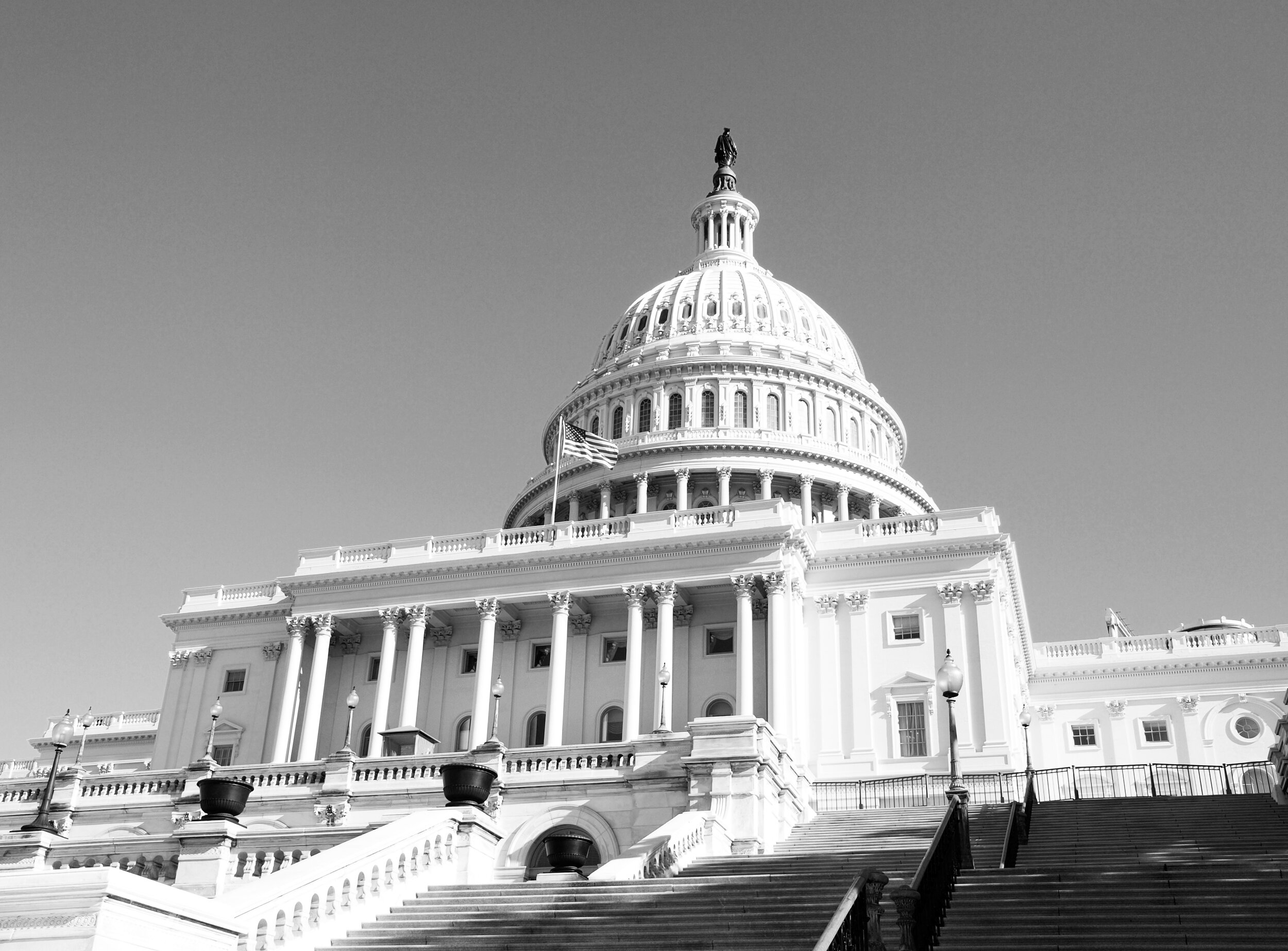FLSA - New Overtime Rule
New Income Rule
On Jan. 1 2020, the Fair Labors Standard Act will make employees who earn less than $35,568 eligible for overtime pay, which is redefining who is exempt from overtime regulations.
Instituted by the U.S. Department of Labor (DOL), the new rule will raise the salary threshold to $684 a week ($35,568 annualized) from $455 a week ($23,660 annualized). A blocked Obama-era rule would have doubled the threshold, but a federal judge held that the DOL exceeded its authority by raising the rate too high. This new parameter is a result of the climbing wages and salaries since 2004.
What It Means for Employees
A quintessential element of the act rules non-discretionary bonuses and incentive payments (including commissions) paid on an annual or more frequent basis may be used to satisfy up to 10 percent of the standard salary level. More of someone’s projected income is now going to be factored in.
In addition to raising the salary cutoff for exempt workers, the new rule raises the threshold for highly compensated employees from $100,000 a year to $107,432 (of which $684 must be paid weekly on a salary or fee basis). The increase is about $40,000 less than what the DOL initially proposed because it is based on the 80th percentile, rather than the 90th percentile, of all full-time salaried workers' earnings nationwide.
The Employer Check-In
Once the FLSA is enacted, it’s imperative to review what and who is qualifying for overtime pay.
For the FLSA's executive, administrative and professional exemptions—the so-called white-collar exemptions—employees must perform certain duties and earn at least the salary threshold. But under a special rule, highly compensated employees are eligible for exempt status if they meet a reduced duties test as follows:
The employee's primary duty must be office or non-manual work.
The employee must "customarily and regularly" perform at least one of the bona fide exempt duties of an executive, administrative or professional employee.
Because our corporate world is continuously fluctuating and overall swelling in rate size—with that comes the constant adjustment of minimum wage to fit the cost of living, and salaries meeting the demands of exponential growth. The new rule is expected to prompt employers to reclassify more than a million currently exempt workers to nonexempt status and raise pay for others above the new threshold.
Contact your EBi Account Executive if you have any questions or would like to receive additional information.

